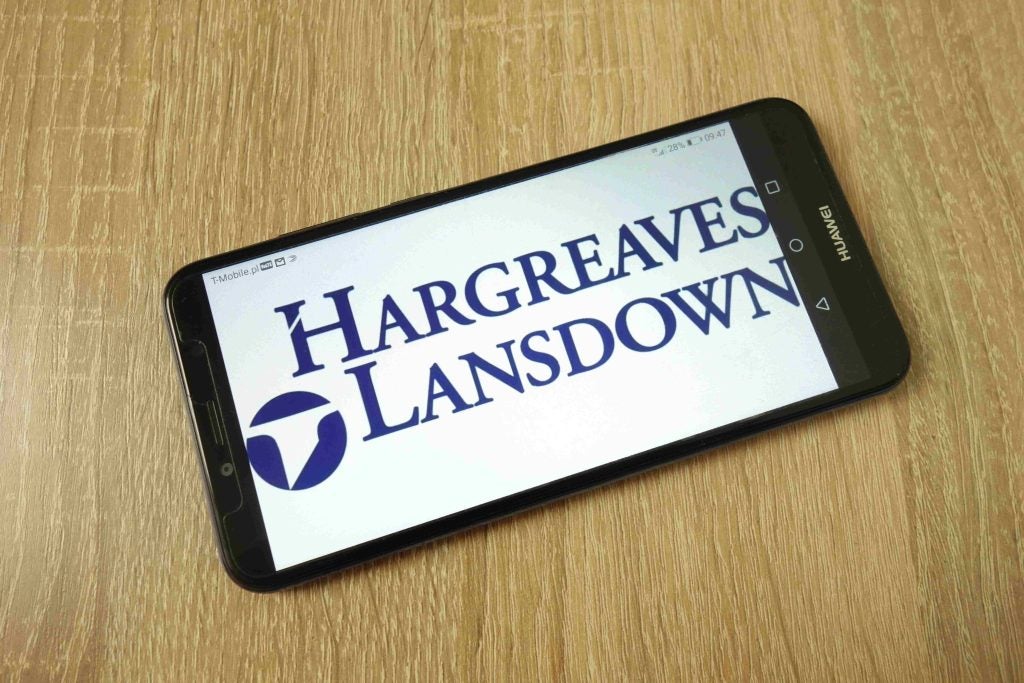Brazilian investment bank BTG Pactual’s acquisition of Swiss private bank BSI highlights the ongoing M&A trend in the private banking and wealth management industry. However, the BSI brand will be kept secure, furnished with growth plans, and "ringfenced" from any Latin American activity. John Schaffer speaks with Steve Jacobs, managing partner at BTG Pactual, to find out more
BTG Pactual’s recent acquisition of Swiss private bank BSI marked the Brazilian investment bank’s move towards developing its international focus for its wealth management and private banking business, shifting its attention away from the Latin American market.
The deal was initially signed in July 2014 for a cut down price of CHF1.5bn ($1.7bn) after the long running attempt to sell BSI by Italian insurer Generali. The acquisition, which was completed in September 2015 after approval from the Swiss Financial Market Supervisory Authority (FINMA) and the Brazilian Central Bank, creates a group with $186.5bn of assets under management (AuM), with 5,400 employees across 29 countries worldwide.
Steve Jacobs, managing partner at BTG Pactual, has been newly appointed to the role of vice chairman at BSI. He tells PBI that the acquisition has allowed BTG to buy into an already established private banking franchise without having to build the business from the ground up.
How well do you really know your competitors?
Access the most comprehensive Company Profiles on the market, powered by GlobalData. Save hours of research. Gain competitive edge.

Thank you!
Your download email will arrive shortly
Not ready to buy yet? Download a free sample
We are confident about the unique quality of our Company Profiles. However, we want you to make the most beneficial decision for your business, so we offer a free sample that you can download by submitting the below form
By GlobalData"It took us four to five years to move on our strategy to be a player in the global wealth management space, because we couldn’t see the opportunity to get the franchise that we needed to then build on.
"We couldn’t do it organically. We needed the right business opportunity to leverage. That came along with BSI."
The acquisition of BSI will see all of BTG’s wealth management and private banking activities outside of Latin America being covered under the BSI brand.
Jacobs tells PBI that the BSI business will be "ring-fenced separately" and will be supported by BTG.
He adds that BTG’s wealth management and private banking approach in Latin America will not be affected by the BSI acquisition, as it has already had a strong foothold in the region for the past 30 years.
Although the total staff of the BTG group will grow from 3,500 to 5,400 with the BSI acquisition, the integration process will be "fairly minimal" as Jacobs suggests that that the bank will be "run as it was before". However, he adds that BTG will aim to grow BSI’s talent pool.
"What we’re looking to do is to take the very talented people who are there at the moment, add to that talent pool and grow and develop that business in a way that the previous shareholder hadn’t done because it was non-core."
Talent differentiator
The Swiss private banking and wealth management market certainly presents a highly competitive landscape for any financial institution, with some of the largest international players dominating the market.
Jacobs suggests that recruitment of new, experienced talent is one of BSI’s key differentiators in a bid to attract wealthy clients. Jacobs promotes the recent hires of Reto Kunz as chief risk officer (veteran in risk consulting) and Yves Bonzon as CIO (banking veteran from Pictet).
Although BSI is aiming to attract individuals from both the high net worth (HNW) and the ultra high net worth (UHNW) wealth demographics, Jacobs tells PBI that there will be a greater focus on UHNWIs:
"We’re going to spend more time on differentiating our service in the UHNW space, because we see the greatest opportunity there without neglecting the other.
"UHNWIs tend to think globally, tend to be based globally and want an institutional style service. If you can provide that, then there’s a lot of business you can do together."
Jacobs suggests that another factor that is attractive to the UHNW demographic is that the institution invests alongside the clients.
"We have a strong alignment of interest with our clients; we invest with our clients in any key offerings."
However, BSI have no marketing budget allocated to attract new clients, rather the institution is reliant on word of mouth publicity.
Diversifying against LATAM
The recent poor performance of the Latin American market has been compounded by the Chinese stock market crash. Jacobs comments on whether the acquisition is a move to diversify against the struggling Latin American market.
"The short answer is no. The long answer is that naturally this is a diversification to the revenue mix. The strategy wasn’t to go out as a management team and say – ok, let’s diversify our revenues and buy a Swiss bank.
"It was much more that we think we know the global wealth management market very well and we think we can be a meaningful scale player there.
"We diversify our revenues in two ways: One – geographically, and two – in terms of fee income vs. trading income. But we’ve already done that. Before the BSI deal was completed on 14 September, BTG Group had 50% of its revenues outside of Brazil and 50% of its staff outside of Brazil. With BSI, this just takes it one step further."
Jacobs also responds to the recent claims that BTG had been downsizing its wealth management team in Chile
"As part of any natural efficiency that every company does – I think we lost three or four people (approximately 13% of its wealth management workforce in the region). I’d hardly call that a downsizing."
M&A strategy
Increasingly, mergers and acquisitions have become a key strategy in the private banking industry as profit margins get squeezed amidst increasing regulations.
Jacobs comments: "When we announced the BSI deal the market viewed it as slightly contrarian. Not many people, if any, were buying Swiss based private banks. Since then there seems to be a flurry of activity and certainly prices have gone up.
"Obviously compliance costs have been going up and so has the burden of running a business, so critical mass has got higher, and I think that is breeding consolidation which will continue and accelerate in the next few years.
According to Jacobs, BTG would like to be a future participant in that consolidation, "for the right deal at the right price".

Steve Jacobs, managing partner at BTG Pactual







